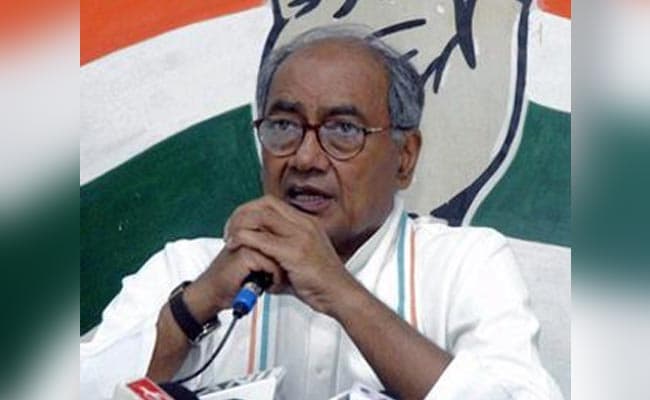Senior Congress leader Digvijaya Singh had recently demanded that the Election Commission of India cancel the postal ballots polled so far for the November 3-Madhya Pradesh by-elections as candidates have yet not been given the list of such voters. In this context, the Congress workers had staged a protest outside the office of the State’s Chief Electoral Officer in Bhopal. Later, a three-member delegation team led by Mr. Singh had met the Election Commission (EC) officials. While talking to reporters after the meeting he said, “Our main demands were that postal ballots polled so far must be cancelled and a list of such voters be provided to all candidates.”
Historical trend in by-polls
Historically, when it comes to by-elections in Indian states, the ruling party at the state level has generally had an advantage. There are obviously state-wise variations to this. Between 2009 and 2019, in Madhya Pradesh, around two-thirds of the by-polls have been won by the party controlling the state government. This proportion is towards the higher side among all the states. Some states like Punjab, Telangana, and Uttarakhand are higher at 90 percent and above, while in Uttar Pradesh it is at less than 60 percent and in Rajasthan it is at less than 40 percent. Given this track record, it would not be easy for the Congress to win 20 out of 28 seats, that it needs to even come close to bringing down the BJP government formed by boat jumping of Scindia Jr. and his associates.
Pitch of Gwalior-Chambal: importance for the bypolls
Gwalior- Chambal region has 16 out of the 28 seats that are being contested in the MP bypolls. Apart from the tussle between Narendra Singh Tomar, Jyotiraditya Scindia, on the BJP side, and the father-son duo of Digvijaya Singh and Jaivardhan Singh, in the INC, there is another crucial aspect in this region, the caste. Gwalior Chambal region has one of the highest prevalence and intensity of caste atrocities and related violence. This region also had been the epicentre of the Bharat Bandh against the dilution of the SC and ST (Prevention of Atrocities) Act in 2018 and the attack on dalit protesters by higher castes. The violence had a direct bearing on the Assembly elections held later that year. In that ‘state assembly election’, dalits voted decisively against the BJP and the privileged higher castes expressed their dissatisfaction with what they called was BJP’s attempt to appease dalits. This led to many of them voting for the neophyte outfit SAPAKS founded by Lalit Shashtri, or abstaining from participation in the polls, causing the BJP’s defeat in seats that were considered its strongholds. In that election, NOTA had also played an important role in the BJP’s defeat and the surge of SAPAKs. This region is also the main area of BSP’s influence in MP and the party will be contesting all the seats in the upcoming bypolls. Many observe that this may affect the INC which was banking on a large chunk of dalit votes.





